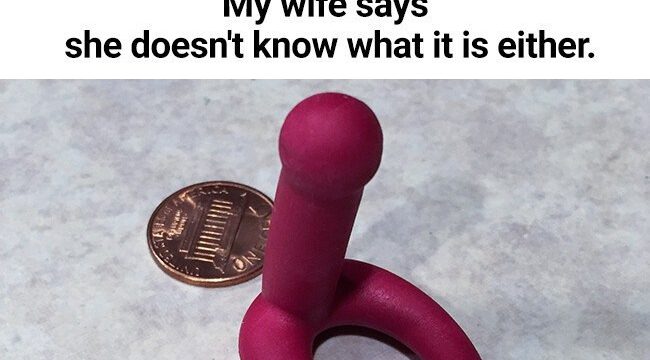If your husband is constantly getting up at night to pee, you might be concerned—and for good reason. What may seem like an annoying habit could actually signal an underlying health issue. Nocturia, the medical term for excessive nighttime urination, can disrupt sleep, drain energy, and indicate more serious health problems. So, how many nighttime trips to the bathroom are normal, and when should you be worried?

What Is Nocturia and How Much Is Too Much?
Nocturia is when you wake up during the night to urinate. It’s common, especially as we age, but there’s a normal range:
- Adults under 65: It’s usually normal to wake up once per night to urinate.
- Adults over 65: Waking up once or twice per night is generally considered normal.
If your husband is getting up three, four, or more times each night, it may be time to investigate the underlying causes. Frequent nighttime bathroom trips can seriously impact your sleep, leaving both of you exhausted the next day.
Why Might Your Husband Be Peeing So Much at Night?
There are several reasons why someone might experience frequent nighttime urination:
- Age-Related Changes
As we get older, the hormone vasopressin, which helps concentrate urine, diminishes. This means older adults produce more urine at night. - Fluid Intake Before Bed
Drinking lots of fluids, especially those with caffeine or alcohol, can increase urination. Caffeine acts as a diuretic, while alcohol suppresses the hormone that helps retain water. - Medication Side Effects
Some medications, like diuretics for high blood pressure, increase urination. If your husband takes such meds, speak with a doctor about whether they’re contributing to his nocturia. - Underlying Health Conditions
- Diabetes: High blood sugar can lead to increased thirst and urination.
- Urinary Tract Infections (UTIs): UTIs can cause a constant urge to urinate.
- Bladder Disorders: An overactive bladder can increase the need to pee, especially at night.
- Prostate Issues: An enlarged prostate can make it hard to fully empty the bladder, leading to more trips to the bathroom.
When to Be Concerned About Nocturia
It’s easy to dismiss nocturia as a part of aging, but there are warning signs that shouldn’t be ignored:
- Persistent Pain or Discomfort
If frequent urination is accompanied by pain, burning, or discomfort, this could indicate an infection or another medical issue that needs attention. - Sudden Increase in Frequency
If your husband suddenly starts waking up more often than usual to urinate, this could be a red flag. Sudden changes in urinary habits may indicate a developing health problem. - Impact on Daily Life
Nocturia can severely disrupt sleep, leading to fatigue, irritability, and difficulty concentrating during the day. If your husband’s frequent trips to the bathroom are keeping both of you from getting a good night’s sleep, it’s time to consult a doctor. Chronic poor sleep is linked to health issues such as heart disease and diabetes.
How to Reduce Nighttime Urination
If your husband is dealing with excessive nocturia, don’t worry—there are ways to manage it:
- Limit Evening Fluid Intake
Reduce fluid consumption in the hours leading up to bedtime, especially caffeinated drinks and alcohol. - Empty the Bladder Before Bed
Make sure your husband fully empties his bladder before going to sleep. It’s a simple step that can significantly reduce nighttime awakenings. - Address Underlying Health Conditions
Work with a healthcare professional to manage conditions like diabetes or an enlarged prostate, which can contribute to nocturia. - Adjust Medication Timing
If your husband’s medications are causing increased urination, ask the doctor if changing the time he takes them might help. Taking diuretics earlier in the day could reduce the need to urinate at night.
Conclusion: Take Nocturia Seriously
Frequent nighttime urination is more than an inconvenience—it can be a sign of an underlying health problem. While getting up once or twice to pee is normal, more frequent trips can signal something that needs medical attention. By understanding the causes of nocturia, you can take steps to reduce its impact on your husband’s well-being. If you notice sudden changes, persistent pain, or a serious impact on your quality of life, consult a healthcare professional. Being proactive will help both of you get the restful sleep you need to stay healthy and happy.





